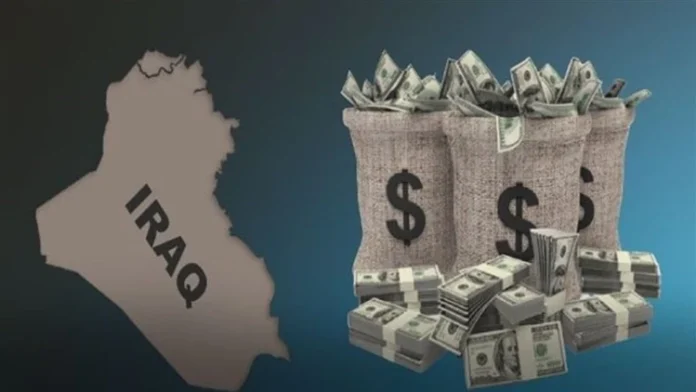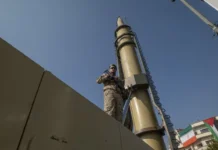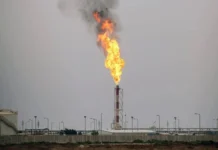Economic expert Ahmed Abdel Rabbo has sounded the alarm over Iraq’s rising internal and external debts, warning that the situation has reached dangerous levels that could undermine the country’s financial and economic stability.
Speaking to dinaropinions.com, Abdel Rabbo cautioned that continuing to borrow without real financial reforms will eventually lead to a crisis of confidence between citizens and banking institutions.
“The internal debts represent a real economic tragedy because they are financed by the local banking system,” he explained. “This weakens public trust in banks and raises fears that people’s balances or savings could be affected if the crisis deepens.”
He stressed that external debts pose an even greater risk, as they expose Iraq to foreign political and economic pressures, limiting the country’s financial sovereignty.
Abdel Rabbo warned that the government’s ongoing reliance on internal borrowing — without tightening spending controls or channeling funds into productive development projects — directly threatens Iraq’s national economy.
“The continued delay in approving the federal budget shows weak government performance and a lack of accountability,” he said, pointing out that officials who missed constitutional deadlines for passing the budget have faced no consequences.
He also expressed doubt that a new budget or financial schedule would be approved before the end of the current year, citing falling oil prices and the absence of real fiscal discipline.
According to Abdel Rabbo, this situation will likely lead to the disruption of investment projects and a slowdown in economic growth across key sectors.
The warning comes as Iraq faces a deepening financial crisis, fueled by mounting debt and declining oil revenues — the backbone of the country’s budget.
Experts are now urging the government to launch comprehensive fiscal reforms and strengthen oversight on public spending to prevent the situation from escalating into a full-scale economic collapse.





